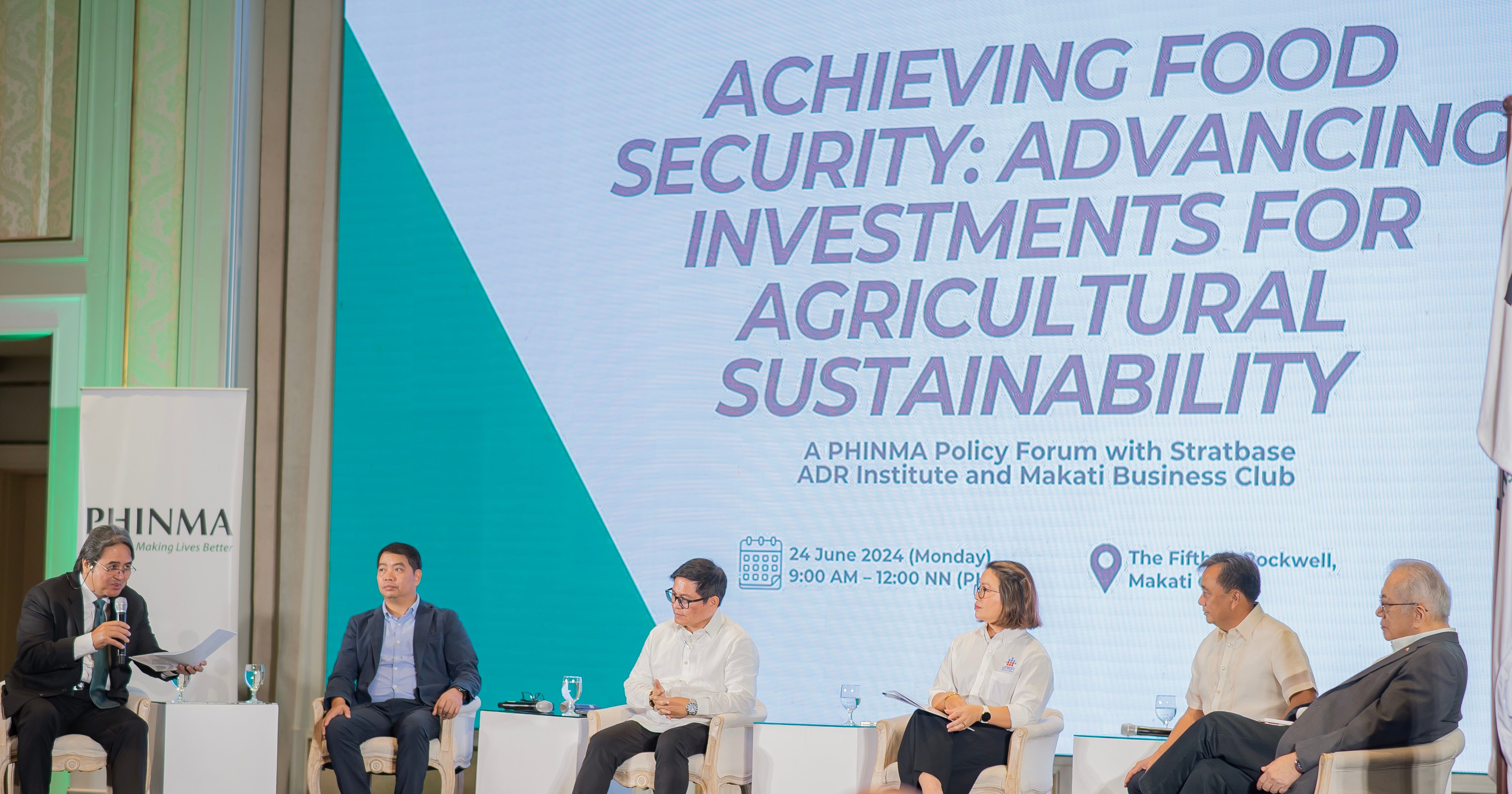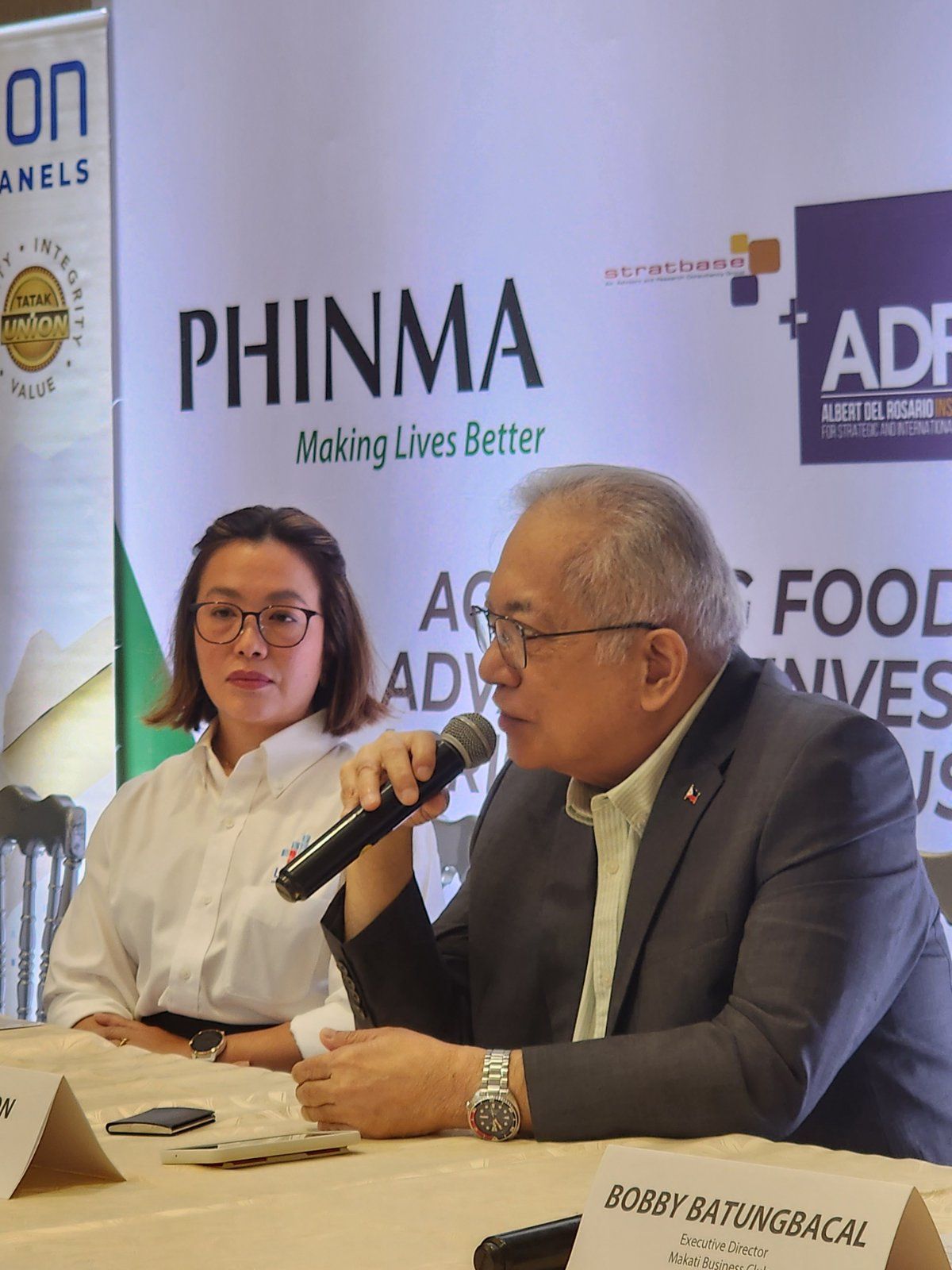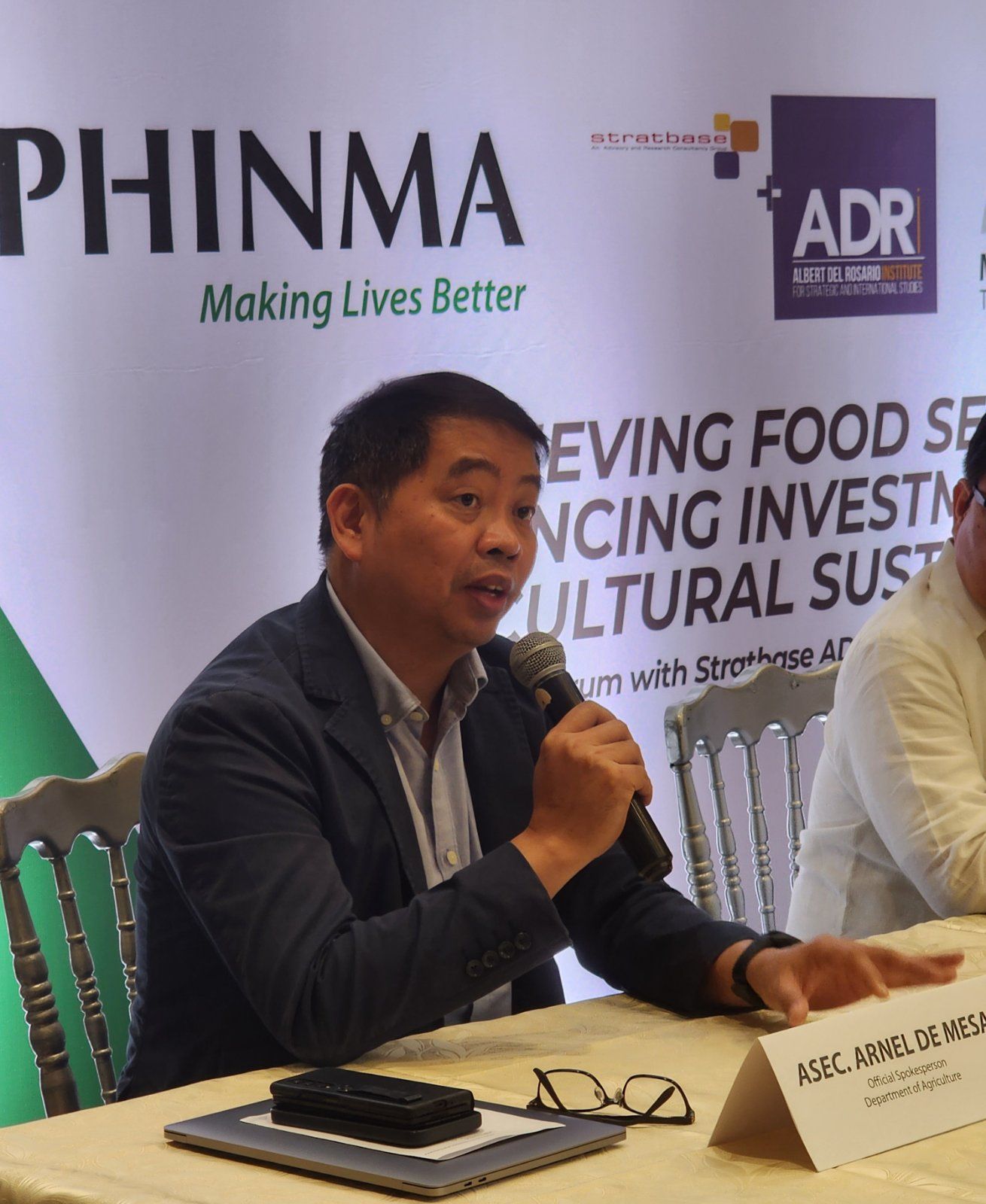In a bid to help enhance agricultural productivity and food security in the Philippines, PHINMA Corporation is pushing for the development of affordable cold storage solutions for Filipino farmers and cooperatives.

During a policy forum titled "Achieving Food Security: Advancing Investments for Agricultural Sustainability," on Monday, leaders from PHINMA and its Construction Materials Group (PHINMA CMG), agriculture and government officials, and other industry stakeholders focused on the critical need for cost-effective cold storage facilities to reduce post-harvest losses and improve the livelihoods of local farmers.
"We seek to produce cost-competitive and high-quality products. Our products will be competitive with imports and our goal is to supplant them," said Danielle del Rosario, Chief Operating Officer of Phinma CMG’s Union Insulated Panel Corporation (UIPC).

"Customers will be able to access insulated panels at better prices and quality while avoiding volatile logistics and freight costs. Currently, importation costs easily account for 20-25 percent of the total cost. Imagine the savings on time and financial resources, as the panels will be produced onshore, eliminating early payments and idle funds for consumers. This will also allow for reduced construction time and better project planning due to our local presence," she told Manila Bulletin.
Prominent speakers at the forum included PHINMA Director and Executive Vice President for Construction Materials Eduardo Sahagun; Department of Agriculture (DA) Undersecretary Asis Perez; DA Spokesperson Asec. Arnel De Mesa; Mindanao Development Authority (MinDA) Deputy Executive Director Asec. Romeo Montenegro; Cold Chain Association of the Philippines President Anthony Dizon; Stratbase ADR Institute President Dindo Manhit; and Makati Business Club Executive Director Bobby Batungbacal.
Asec. De Mesa highlighted the alarmingly high levels of post-harvest losses in the Philippines, particularly in crops such as rice, onions, mangoes, and bananas, as well as fish.

Del Rosario emphasized that by providing affordable cold storage solutions, the private sector can significantly reduce wastage and increase the value of fresh produce for farmers.
"For companies like PHINMA, our mission is to uplift the lives of Filipinos by providing essential products like construction materials. Ensuring the availability of affordable cold storage solutions is a crucial part of this mission, requiring collaboration between the private sector and government," del Rosario explained.
Anthony Dizon, president of the Cold Chain Association of the Philippines, stressed the need to implement food security laws and policies at the local level. He underscored the importance of maintaining perishable food at appropriate temperatures, even in wet markets.
"Our vision is to empower farmers and fisherfolk to store their products for longer periods, thus reducing wastage and enhancing the value of their goods. Adequate cold chain facilities are essential for proper transport and storage, contributing significantly to food security and safety," Dizon explained.
To tackle these challenges, UIPC recently broke ground on a P700-million insulated panel manufacturing plant in Porac, Pampanga. With an annual production capacity of one million square meters of panels, this facility aims to provide a cheaper alternative to imported insulation panels. This development will support the expansion of cold storage facilities across the country, making them more accessible and affordable for Filipino farmers and cooperatives.